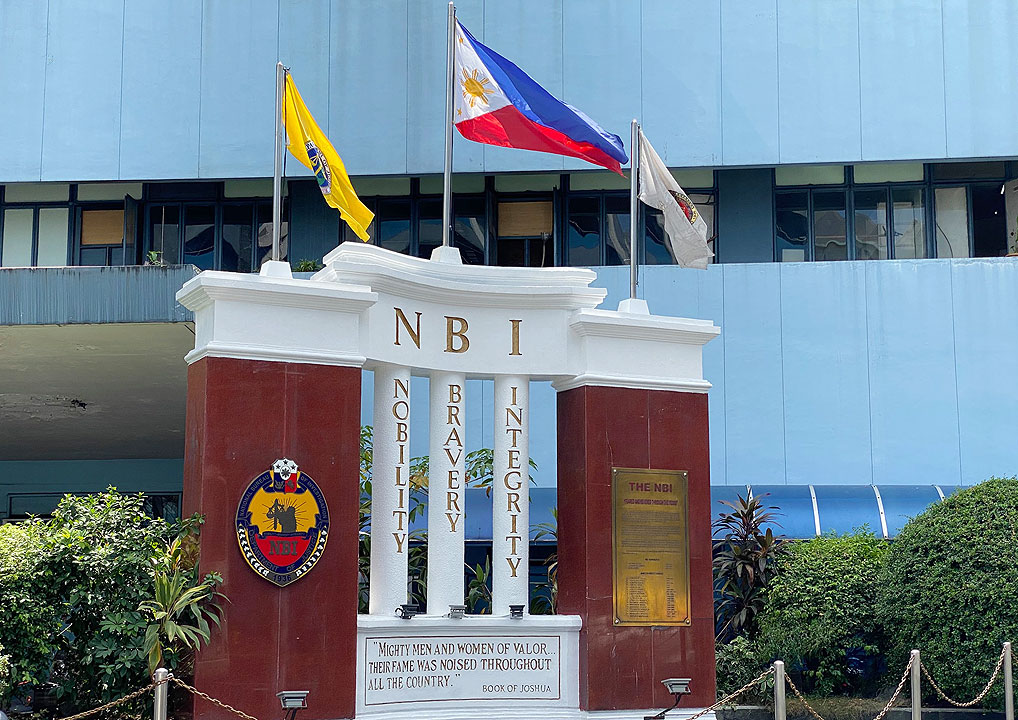
FORTY-FOUR new agents have graduated from the National Bureau of Investigation (NBI) Academy, boosting the Philippines’ capacity in cybercrime and forensic examination.
In an ambush interview at the Department of Justice, Director Jaime B. Santiago said many of the new graduates are lawyers and information technology (IT) experts.
“Cybercrime is becoming an increasing trend, not just in the Philippines,” he said in Filipino. “We need to stay one step ahead of these cybercriminals.”
The former judge hoped the new agents would strengthen NBI’s ability to analyze digital evidence and ensure critical information is properly assessed.
The NBI is currently investigating 20 video bloggers for peddling “fake news,” Mr. Santiago said.
“We are carefully studying why that seems to be the prevailing theme among our vloggers today. Is someone leading them? We are looking into that,” he said in Filipino.
The agency has also started coordinating with the Department of Information and Communications Technology and the National Telecommunications Commission last week to determine the increase in numbers.
“We are looking into why their numbers are increasing. Why do they seem to have the same theme? They appear to be taking advantage of the chaos in our political atmosphere,” he said.
In a separate statement on Monday, the Commission on Human Rights (CHR) warned law enforcers in implementing laws that could impact on individual’s freedom of expression.
The commission noted that government-based sanctions that look into the truth value of a statement may be considered a restraint on free speech.
The CHR issued this statement after the arrest of a video blogger on March 21. The person admitted to being paid to spread false information, although the amount involved was minimal.
“The CHR expresses its concern over the arrest of an online content creator who falsely manipulated an online graphic reporting the statement of President Ferdinand R. Marcos, Jr., to make it appear that he is calling for the legalization of illegal narcotics, and there are ongoing surveillance efforts by law enforcement against online content creators or vloggers whom they suspect of spreading disinformation or fake news,” it said.
“The CHR remains vigilant in monitoring possible infringements on the fundamental right to freedom of expression to avoid the overbearing application of in terrorem effect of criminal law on the well-meaning exercise of fundamental rights.” — Chloe Mari A. Hufana



